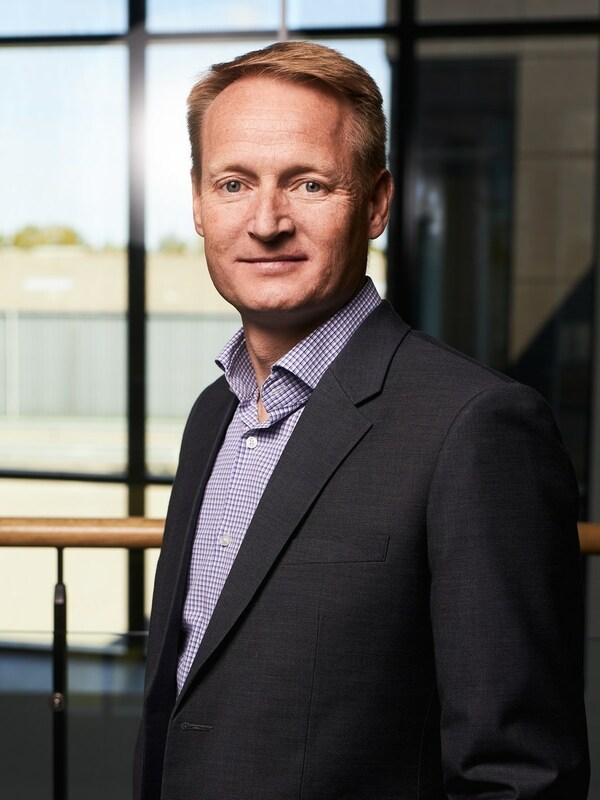Exploring the Innovative Contributions of Peter Gordon at Harvard University
#### Introduction to Peter GordonPeter Gordon, a prominent figure in the academic landscape, has made significant contributions to various fields during his……
#### Introduction to Peter Gordon
Peter Gordon, a prominent figure in the academic landscape, has made significant contributions to various fields during his tenure at Harvard University. His expertise spans across urban planning, economics, and social policies, making him a pivotal character in shaping contemporary thought in these areas.
#### Academic Background and Career Path
Peter Gordon earned his degrees from prestigious institutions, laying a strong foundation for his career. His journey began with a passion for understanding the dynamics of urban environments and the socioeconomic factors that influence them. At Harvard, he has held various positions, including professor and researcher, where he has engaged in groundbreaking studies that challenge conventional wisdom and propose innovative solutions to complex urban issues.
#### Research Contributions

One of the hallmarks of Peter Gordon's career is his extensive research on urban development and transportation systems. His work often emphasizes the importance of integrating economic principles with urban planning to foster sustainable growth. Gordon's research has been pivotal in understanding how urban infrastructure affects economic opportunities and quality of life for residents.
His studies often utilize a mix of qualitative and quantitative methodologies, allowing for a comprehensive analysis of urban phenomena. This approach has led to numerous publications in esteemed journals, where he shares his findings with a broader audience, influencing both academic peers and policymakers alike.
#### Teaching Philosophy and Impact on Students
As an educator, Peter Gordon is known for his engaging teaching style and commitment to student development. He encourages critical thinking and active participation in his classes, fostering an environment where students feel empowered to explore complex issues. Gordon's mentorship has inspired many students to pursue careers in urban planning and public policy, creating a ripple effect that extends beyond the classroom.

His courses often incorporate real-world case studies, allowing students to apply theoretical knowledge to practical situations. This hands-on approach equips them with the skills necessary to navigate the challenges they will face in their future careers.
#### Collaborative Projects and Community Engagement
Peter Gordon is not only an academic but also a community advocate. He has been involved in various collaborative projects that aim to bridge the gap between academia and the community. By partnering with local governments and organizations, Gordon has worked on initiatives that address pressing urban issues, such as affordable housing, transportation equity, and environmental sustainability.
These projects not only benefit the communities involved but also provide invaluable learning experiences for students, who often participate in these initiatives as part of their coursework. This collaboration reinforces the idea that academia should play an active role in solving real-world problems.

#### Conclusion: The Legacy of Peter Gordon at Harvard
Peter Gordon's contributions to Harvard University and the broader field of urban studies are profound and far-reaching. His research, teaching, and community engagement have left an indelible mark on the academic community and the cities he studies. As he continues to influence the next generation of urban planners and policymakers, his legacy will undoubtedly endure, inspiring future scholars to pursue innovative solutions to the challenges facing urban environments today.
In summary, Peter Gordon's work exemplifies the intersection of academia and real-world application, demonstrating how scholarly research can lead to meaningful change in society. His commitment to education, research, and community service positions him as a leading figure in the field, and his ongoing efforts will continue to shape the discourse around urban planning and policy for years to come.